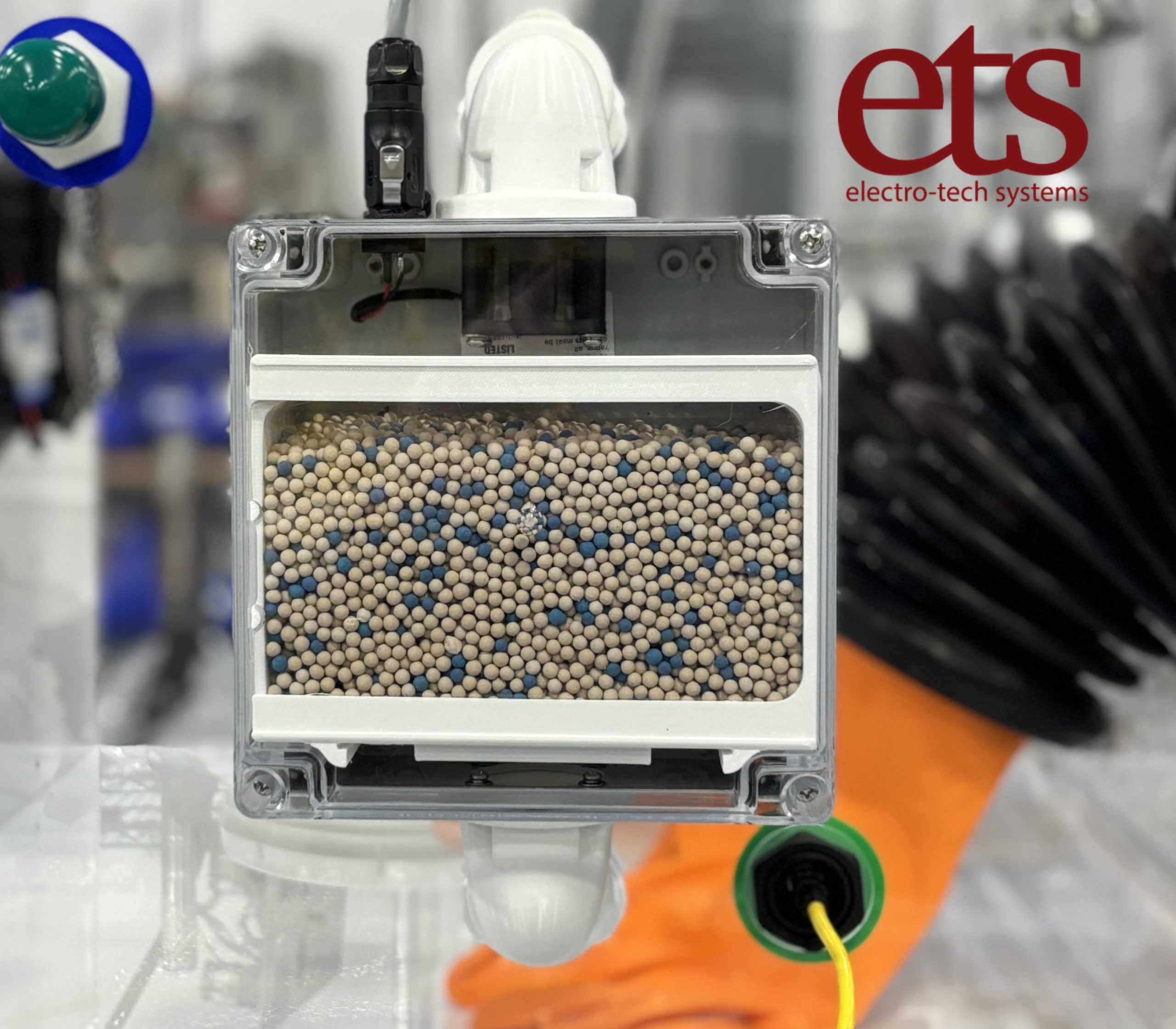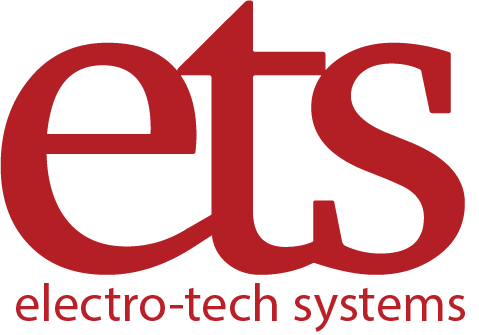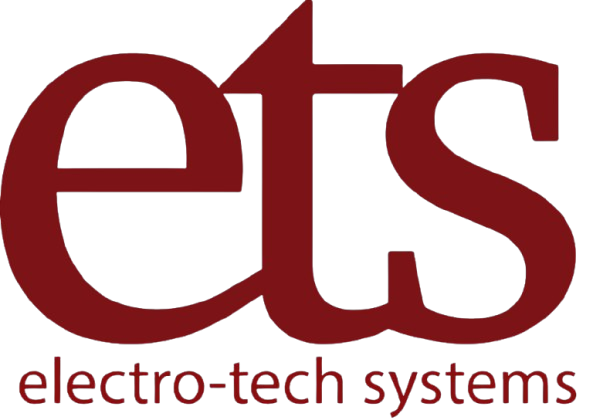Humidity Management Solutions Using Molecular Sieve Technology

Humidity control plays an important role in sectors that value precision, safety, and product quality. Excess moisture may lead to corrosion, product degradation, microbiological growth, and system inefficiencies. Traditional drying methods, while helpful in some cases, sometimes fall short of providing constant and predictable moisture control. This is where molecular sieve technology shines as a game changer in humidity management systems.
Molecular sieves are particularly effective desiccants due to their crystalline structure, which allows them to adsorb water molecules preferentially. Their outstanding drying characteristics, high adsorption capacity, and reusable nature make them a popular choice in a variety of sectors. How molecular sieve technology aids in humidity management and why it’s a crucial solution for current applications.
What is Molecular Sieve Technology?
Molecular sieves are microporous aluminosilicate crystals (typically synthetic zeolites) that trap certain molecules. The holes of these sieves are precisely sized, allowing them to selectively adsorb water molecules while rejecting bigger substances. Because of this selective adsorption, molecular sieves outperform traditional desiccants such as silica gel and activated alumina.
Common pore sizes include 3A, 4A, 5A, and 13X, each of which is appropriate for a certain use. Because of their high affinity for water molecules, 3A and 4A molecular sieves are commonly utilized to regulate humidity.
Advantages of Molecular Sieves in Humidity Management
- Superior Adsorption Capacity
Molecular sieves may absorb up to 22% of their weight in water, making them ideal for situations requiring precise humidity control. Unlike silica gel, they remain effective even at extremely low relative humidity.
- Consistency under Extreme Conditions
They work consistently across a wide temperature and humidity range, making them ideal for industries including pharmaceuticals, aerospace, and electronics.
- Reusability and Longevity
Heating can be used to rejuvenate molecular sieves by removing adsorbed water molecules. This increases their lifespan, lowers operating costs, and promotes sustainable habits.
- Selective Adsorption
Their exact pore diameters ensure that only water molecules are absorbed, making them suitable for protecting sensitive equipment and materials while avoiding other substances.
- Non-Toxic and Safe
Molecular sieves are chemically stable, non-toxic, and suitable for use in sensitive industries, including food packaging and medicines.
Applications of Molecular Sieve Technology in Humidity Control
The Pharmaceutical Industry
To remain effective, medicines and vaccines must be kept under strict moisture control. Molecular sieves protect pharmaceuticals from hydrolysis and maintain stability throughout storage and transportation.
Electronics and Semiconductors
Even tiny amounts of moisture can harm circuits, impair conductivity, and diminish product life. Molecular sieves protect electronics by keeping humidity levels ultra-low during manufacturing and storage.
Aerospace and Defense
Humidity control is critical in aerospace systems to prevent corrosion and preserve the integrity of sensitive instrumentation. In these crucial settings, molecular sieves provide reliable protection.
Food and Beverage Packaging
Molecular sieves in food packaging improve shelf life by reducing moisture-related deterioration and microbiological growth, assuring product safety and freshness.
Industrial Gas Drying
Molecular sieves are frequently used to dry industrial gases such as hydrogen, oxygen, and natural gas, thereby preventing pipeline corrosion and increasing system efficiency.
Future of Humidity Management with Molecular Sieves
As companies evolve, the need for precise and dependable humidity management solutions will only increase. Molecular sieve technology is highly suited to address these requirements due to its scalability, cost-effectiveness, and sustainability. Future innovations may include hybrid systems that combine molecular sieves, smart sensors, and IoT-enabled monitoring to give real-time humidity control.
Conclusion
Effective humidity management is critical for ensuring product quality, operational efficiency, and safety in all industries. Molecular sieve technology is a superior option because to its high adsorption capacity, selectivity, and reusability. Molecular sieves provide constant and reliable moisture management in medicines, electronics, aerospace, and food packaging.
Businesses that use molecular sieve solutions in their processes can preserve precious products and equipment while adopting sustainable and cost-effective methods. As technology progresses, molecular sieves will continue to play an important role in determining the future of humidity control.
Electro Tech Systems offers a diverse selection of Humidity Management Solutions and products tailored to industry requirements. Explore their services to see how ETS may help you achieve accurate and dependable moisture control.

